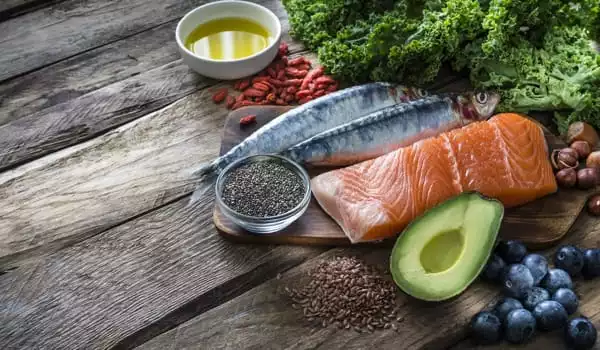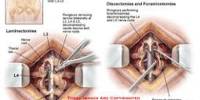According to a new study, a diet higher in fatty fish helped frequent migraine sufferers reduce their monthly number of headaches and intensity of pain compared to participants on a diet higher in vegetable-based fats and oils. The findings of a team of researchers from the National Institutes of Health’s National Institute on Aging (NIA) and the National Institute on Alcohol Abuse and Alcoholism (NIAAA), as well as the University of North Carolina (UNC) at Chapel Hill, were published in the journal The BMJ.
This study of 182 adults with frequent migraines built on the team’s previous research on the relationship between linoleic acid and chronic pain. Linoleic acid is a polyunsaturated fatty acid derived from corn, soybean, and other similar oils, as well as some nuts and seeds, that is commonly found in the American diet. Previous smaller studies looked into whether linoleic acid irritated migraine-related pain processing tissues and pathways in the trigeminal nerve, the largest and most complex of the body’s 12 cranial nerves. They discovered that a diet low in linoleic acid and high in omega-3 fatty acids (found in fish and shellfish) could alleviate pain pathway inflammation.
Participants in a 16-week dietary intervention were randomly assigned to one of three healthy diet plans. Meal kits containing fish, vegetables, hummus, salads, and breakfast items were distributed to all participants. One group was given meals that were high in fatty fish or fatty fish oils and low in linoleic acid. A second group was given meals that were high in fatty fish and low in linoleic acid. To mimic average US intakes, the third group was given meals high in linoleic acid and low in fatty fish.
A diet higher in fatty fish helped frequent migraine sufferers reduce their monthly number of headaches and intensity of pain compared to participants on a diet higher in vegetable-based fats and oils, according to a new study.
During the intervention period, participants tracked the number of migraine days, duration, and intensity they experienced, as well as how their headaches affected their ability to function at work, school, and in their social lives, and how frequently they needed to take pain medications. At the start of the study, participants had an average of more than 16 headache days per month, over five hours of migraine pain per headache day, and baseline scores indicating a severe impact on quality of life despite using multiple headache medications.
When compared to the control group, the diet low in vegetable oil and high in fatty fish reduced total headache hours per day, severe headache hours per day, and overall headache days per month by 30% to 40%. This group’s blood samples also contained lower levels of pain-related lipids. Despite the reduction in headache frequency and pain, these same participants reported only minor improvements in migraine-related overall quality of life when compared to other study groups.

Migraine, a neurological disease, is one of the leading causes of chronic pain, missed work, and decreased quality of life. More than 4 million people worldwide suffer from chronic migraine (at least 15 migraine days per month), and more than 90% of sufferers are unable to work or function normally during an attack, which can last four hours to three days. Women between the ages of 18 and 44 are especially prone to migraines, which affect an estimated 18% of all American women. Current migraine medications typically provide only partial relief and can have negative side effects such as sedation and the possibility of dependence or addiction.
“This study discovered intriguing evidence that dietary changes have the potential to improve a very debilitating chronic pain condition like a migraine without the associated side effects of commonly prescribed medications,” said NIA’s scientific director, Luigi Ferrucci, M.D., Ph.D.
Chris Ramsden, a clinical investigator in the NIA and NIAAA intramural research programs and adjunct faculty member at UNC, led the NIH team. Ramsden and his colleagues are experts in the study of lipids, which are fatty acid compounds found in many natural oils, and their role in aging, particularly chronic pain, and neurodegenerative diseases. “Dietary changes could provide some relief for the millions of Americans who suffer from migraine pain,” Ramsden said. “It adds to the growing body of evidence that the foods we eat can influence pain pathways.”
The researchers stated that these findings validate that diet-based interventions that increase omega-3 fats while decreasing linoleic acid sources show more promise than fish-oil-based supplements in helping people with migraines reduce the number and impact of headache days while reducing the need for pain medications. They hope to continue this research into the effects of diet on other chronic pain conditions.
















